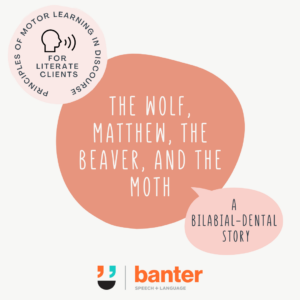(F501) The Wolf Matthew, the Beaver, and the Moth: A Bilabial-Dental Story
$2.99 including GST
In this pack, we target tongue movements, specifically movements from “bilabial” sounds where the lips are together (e.g. /p, b, m, w/) to sounds involving the tongue/lips and teeth (e.g. /f, v/, unvoiced “th” (as in “bath”) and voiced “th” (as in “bathe”)). We call these movements bilabial-dental movements.
This articulation story is designed to train specific speech sound movements. It is a not tongue twister in the traditional sense. Instead, this story is loaded with words and phrases designed to target a particular pattern of speech movement.
Description
Sometimes, unclear speech isn’t caused by problems with speech sounds at the single sound level. Many people – children and adults alike – struggle with the movements required to sequence combinations of speech sounds, e.g. to go from a front sound like /t/ or /d/ to a back sound like /g/ or /k/ and back again quickly.
In this pack, we target tongue movements, specifically movements from “bilabial” sounds where the lips are together (e.g. /p, b, m, w/) to sounds involving the tongue/lips and teeth (e.g. /f, v/, unvoiced “th” (as in “bath”) and voiced “th” (as in “bathe”)). We call these movements bilabial-dental movements.
This articulation story is designed to train specific speech sound movements. It is a not tongue twister in the traditional sense. Instead, this story is loaded with words and phrases designed to target a particular pattern of speech movement.
Clinically, we’ve had good results using this and our other motor speech stories with a variety of clients, including older children with residual speech sound errors and adults with speech issues associated with traumatic brain injuries, aphasia, and mild apraxia of speech. We’ve also used them in accent modification training to train movements that are common in English, but not common in a client’s first language. We hope you and your clients find them useful.


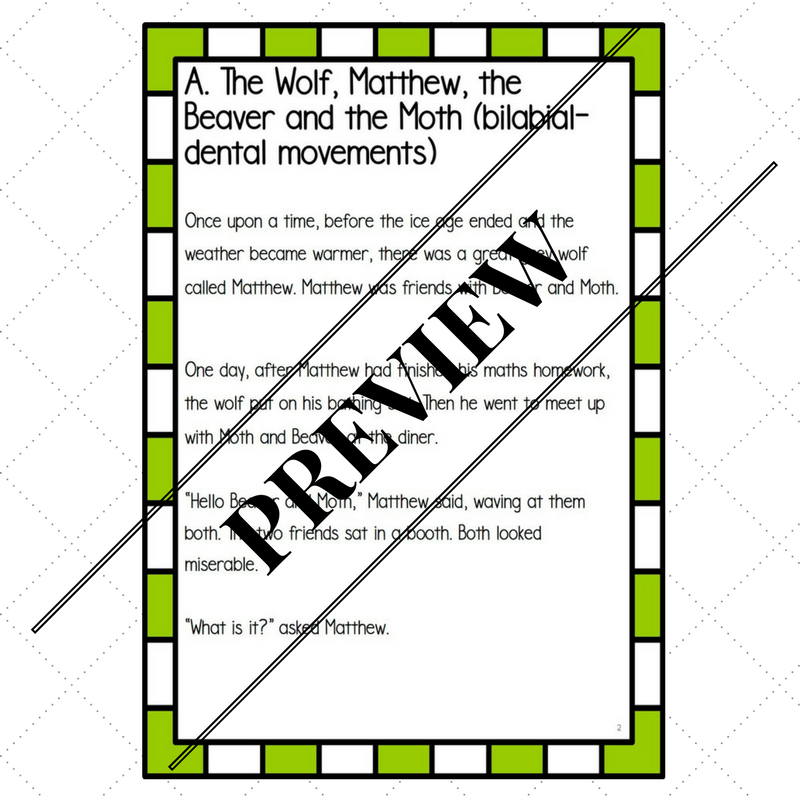


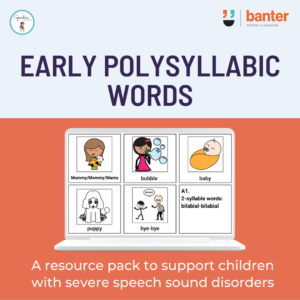
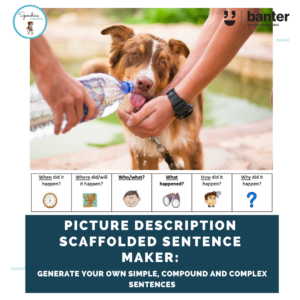
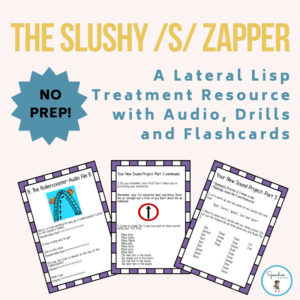
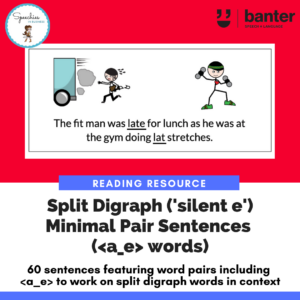 (R308) Reading Resource: Split Digraph ('silent e') Minimal Pair Sentences: a_e words
(R308) Reading Resource: Split Digraph ('silent e') Minimal Pair Sentences: a_e words 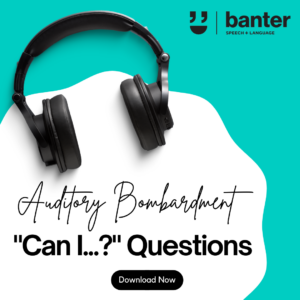 (L267) Can I...? Questions (Auditory bombardment)
(L267) Can I...? Questions (Auditory bombardment) 